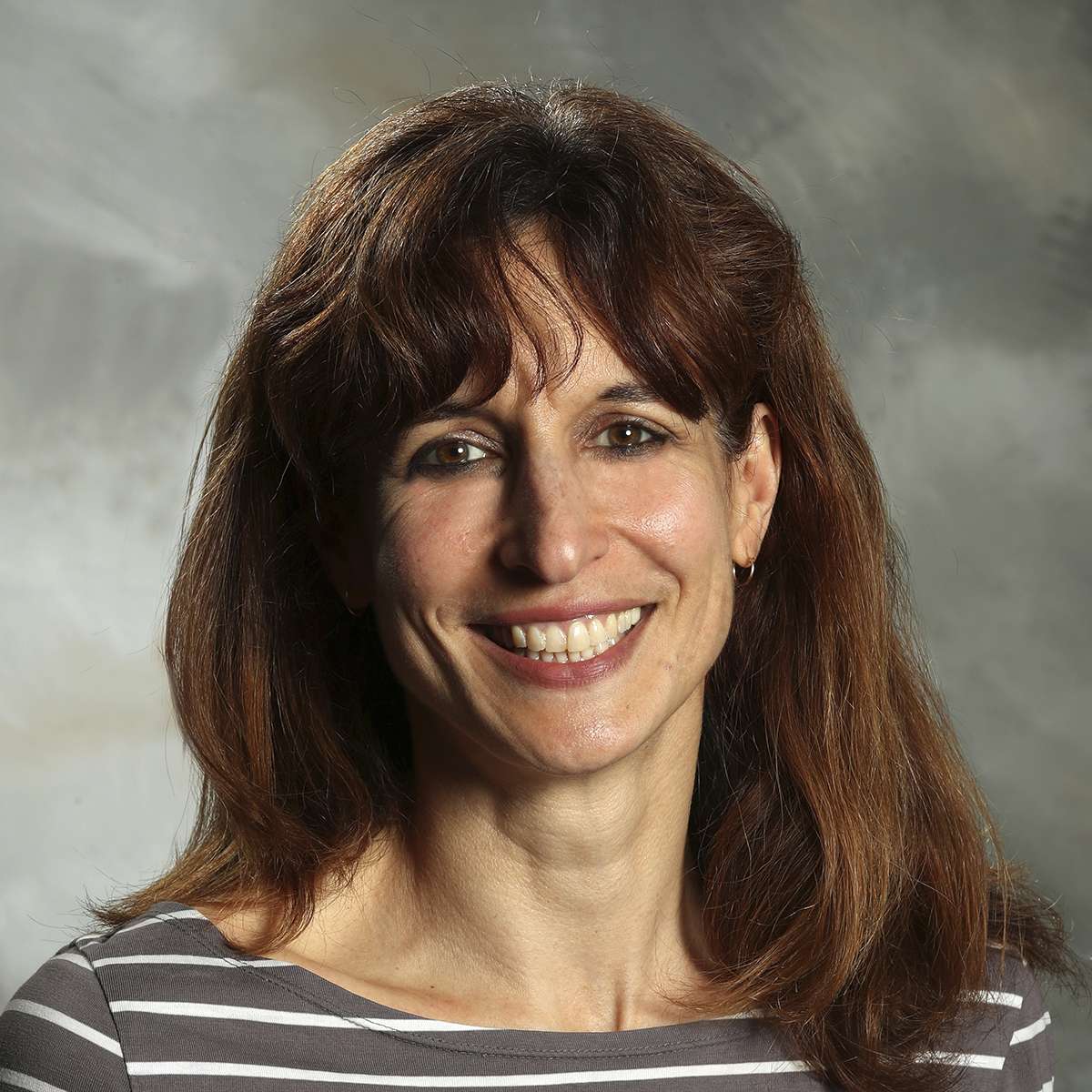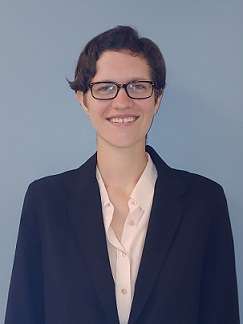CO2 Capture: Protecting and Adding Value to Your Decarbonization Processes!
To meet global decarbonization goals by 2050, carbon capture deployment is viewed as vital. While there are multiple approaches to separate carbon dioxide out of gas streams, contaminant removal proves beneficial to all approaches. Fluid quality control – whether for a CO2-laden gas stream or a solvent – can prolong equipment life, reduce maintenance and down-time, improve process efficiency, and reduce overall operating costs.
This webinar will provide a background in carbon capture trends and technology, and will focus on filtration and separation applications for leading carbon capture processes. The webinar will also provide an overview of Pall’s filtration and separation toolbox, to demonstrate our capabilities in working with you to meet your specific needs.
Join our Filtration and Separation Experts to:
- Get your carbon capture process running smoothly and reliably
- Learn about how you can upgrade the cleanliness of your equipment and process fluids
- Trust your cleanliness measurements and ultimately create cleanliness standards
Presenters:
Paula Flowers
Business Development Manager for Energy Transition
Pall Corporation
Paula Flowers is the Business Development Manager for Energy Transition at Pall Corporation. She is leading Pall’s development strategy in processes such as carbon capture, green hydrogen, and renewable fuels. Paula has over 25 years of experience working in the renewable energy and traditional gas processing space working for companies such as UOP Honeywell and Air Liquide. Paula has a BS in Chemical Engineering from Penn State and an MBA from the University of West Florida.
Lara Heberle
Applications Development Engineer
Pall Corporation
Lara Heberle is an Applications Development Engineer at Pall Corporation, specializing in carbon capture technology. In her two years at Pall, she has authored two patents and has led multiple R&D projects. Lara has over 8 years of experience leading research, including work at Cornell University, COANDA, an industrial fluid research center based in Vancouver, Canada, and at the UBC Pulp and Paper Research Center. Lara received a PhD from Cornell University in Mechanical Engineering, focusing on multiphase fluid dynamics, thermal systems, and computational engineering, and a BSc from the University of British Columbia in Engineering Physics.


